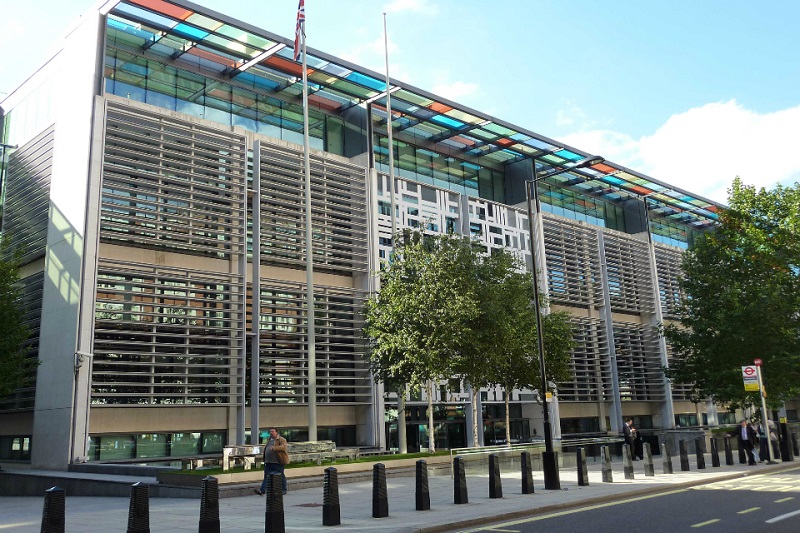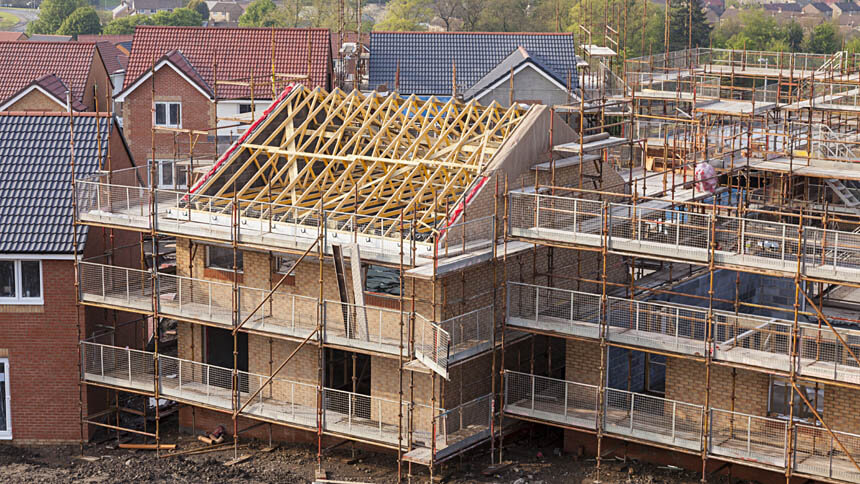The Royal Institute of British Architects (RIBA) has described the Climate Change Committee (CCC) 2022 progress report as “another stark reminder” of the Government’s need to address energy efficiency.
RIBA has also renewed calls for a national retrofit strategy as the industry continues to back the CCC report’s warning that the Government is failing to properly address the impact of climate change and develop a co-ordinated programme to tackle the challenges the country is facing.
The urgency of moving away from fossil fuels, securing energy supplies and cutting carbon emissions has never been clearer, but a new Progress Report by the independent Climate Change Committee (CCC) finds major failures in delivery programmes towards the achievement of the UK’s climate goals.

RIBA President, Simon Allford, said: “It’s been three years since the Government declared a climate emergency, and we’re still waiting for a comprehensive programme to drive forward critical improvements to our buildings – improvements that would not only address climate change, but the cost-of-living crisis and the levelling-up agenda.
“Without a National Retrofit Strategy, with credible policies to incentivise homeowners to insulate their homes, we will not limit the devastating effects of climate change or ease the financial burden on households up and down the country.
“We will continue to lobby, and work with the Government to push forward practical policies that will lead the built environment towards net zero.”
The Building Engineering Services Association (BESA) has echoed the concerns expressed by the UK’s Climate Change Committee (CCC) that current economic and energy security concerns could derail progress towards net zero carbon targets. In a show of support for the urgency of net zero, the organisation has also launched a new ‘Net Zero Initiative’ award.
“An urgent focus on existing buildings – with the government underwriting a huge programme of refurbishments and retrofits – would help get us on track to net zero,” said BESA’s head of technical Graeme Fox. “This could make a significant dent in the large contribution made by the built environment to emissions – particularly in ‘operational’ carbon, which would also translate into much lower running costs for building users.”
He said that building services engineers, like everyone else in the construction supply chain, should also give more thought to designing with ongoing service and maintenance in mind to minimise long-term carbon – and to consider how materials and system components could be recycled, reused, and more easily replaced as part of planning ahead for refurbishment and repair.




















